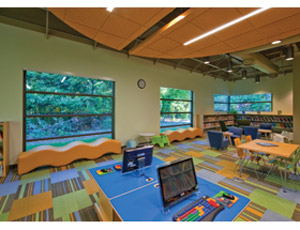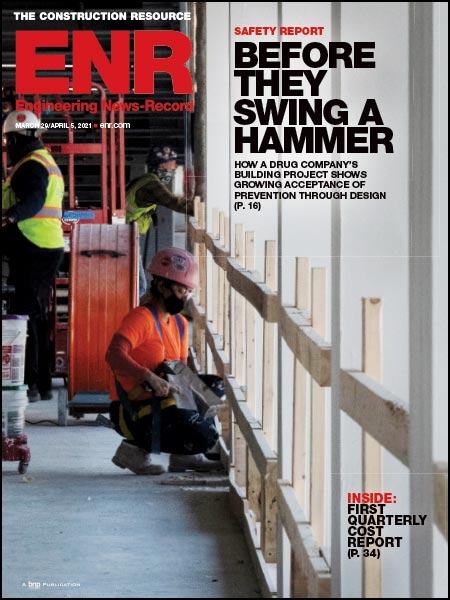Did you know that until recently anyone could challenge a certification issued under the Leadership in Energy and Environmental Design program of the United States Green Building Council? Did you know it could occur at any time, and be related to any point or prerequisite? Did you know that such a challenge could result in loss of specific credit points or even loss of a certification under LEED?
Many people were not aware of the LEED challenge process until it erupted onto the national landscape as a result of a controversial challenge on a Wisconsin school project, the Northland Pines High School. The challenge, and the resulting commentary, pointed out some significant problems with the challenge process as established by the Green Building Certification Institute. GBCI and USGBC have responded to that commentary by fixing one quite glaring problem and making significant progress on another. These changes to the challenge process may have eliminated what could have become a fatal flaw in the LEED rating system and associated procedures.
LEED Challenges Defined
GBCI included a process that allows a challenge to a certification issued on a project submitted under LEED. On the Northland Pines project, the project received a LEED Gold certification. A challenge was filed by individuals who claimed that the Northland Pines school failed to meet the prerequisite requirements for complying with ASHRAE Standard 62.1-1999 and ASHRAE Standard 90.1-1999.

HUGHES
After an extended process of design and documentation review, including retention of experts to review the project and related documents, the USGBC refused to revoke certification. Notably, one of the engineers hired by USGBC determined that requirements of the prerequisites were not met by the documentation originally submitted for certification. In addition, USGBC and GBCI permitted the school to rely upon data and documentation submitted after the certification—and indeed after the challenge—to demonstrate compliance with LEED certification requirements. Nevertheless, USGBC found that the full body of submitted materials demonstrated that LEED Gold was appropriate for the project.
Process Compared to Common Law
Even before the Northland Pines case, some raised concerns with the LEED challenge process. The challenge process contained literally no time limitations. This meant that a complaining party could raise objections to a certification into infinity. Perhaps more troubling, the challenge process contained no limitations on who could file a challenge.
While the need for some process to challenge illegitimate certifications seems self-evident, including no time or party limitations was an invitation to disaster. Development projects typically face significant neighborhood opposition. Economic reality means that builders, developers, and contractors operate in a highly competitive environment. The wide-open LEED challenge process seemed an invitation for disappointed bidders, project competitors and frustrated neighbors with an excess of “NIMBYism” to attack and potentially scuttle projects by abusing the challenge process.
The LEED challenge process should be compared with the legal system. All states have statutes of limitations to provide time limits on when parties may sue. The law generally requires a party to demonstrate that they have some actionable interest to show there is standing to file suit. With no such hurdles and little real expense, the LEED challenge process threatened to become an open invitation for mischief.
New Challenge Process Language
The new policy manual contains some interesting tweaks that will hopefully stop the significant holes in the last iteration of the challenge process:
1. Rather than the unlimited timeline in the original process, “GBCI shall not open a formal investigation related to any project beyond two (2) years after the date the project is awarded LEED certification.”
2. “Parties seeking to submit a complaint ... must have personal knowledge of any event or condition that would prevent a project from satisfying a particular credit, prerequisite or MPR.” This is not a standing requirement per se, but at least imposes some attempt to limit the parties that can file challenges.
One interesting aspect of this fix is that it occurred virtually under the radar. I found the new policy when digging for an old link to the old policy and found the link was broken. I contacted my green legal national network and no one had heard of the change. There was no announcement, no press release, not even a blog post from GBCI to announce the change.
The lack of clarity and publicity raises an eyebrow and perhaps a bit of hesitation. Still, the responsiveness of USGBC and GBCI to fix identified problems is definitely laudable. It appears the GBCI has heeded the very reasonable concerns raised regarding the complete free-for-all the original procedure invited. It remains to be seen how the newly defined challenge process will play out in the future.
div id="articleExtras"

Post a comment to this article
Report Abusive Comment